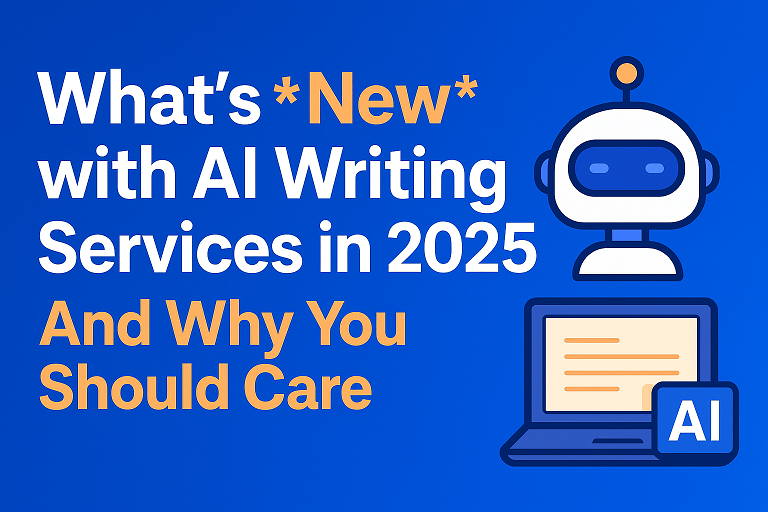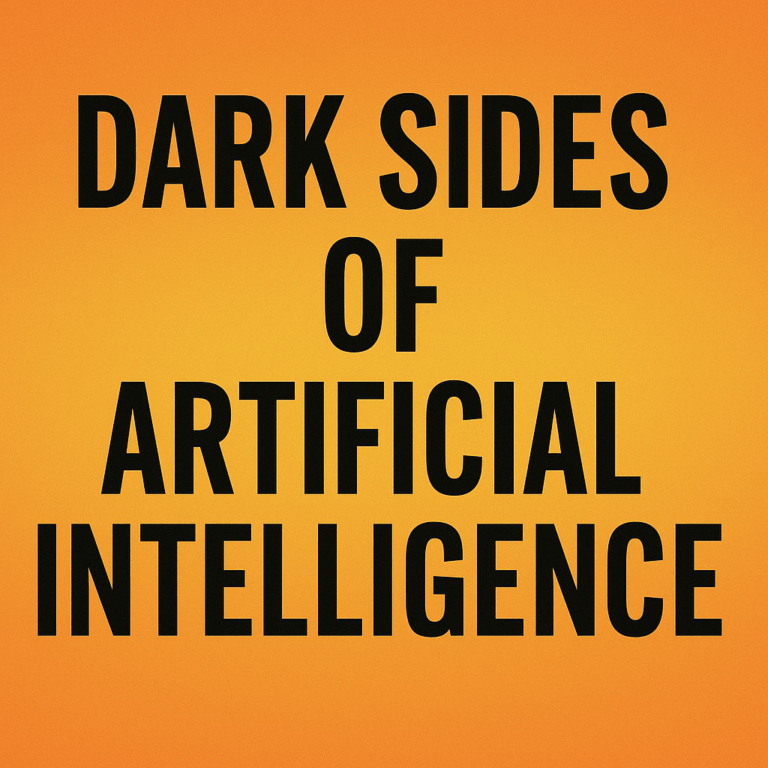Exploring the Intersection of AI and Religion: Can Artificial Intelligence Enhance Spirituality?
Artificial intelligence (AI) has begun transforming various aspects of our lives, from work and healthcare to entertainment. Interestingly, it’s also finding its place in religious and spiritual spaces. Projects that combine AI and religion aim to make religious texts more accessible, assist with spiritual guidance, and even foster interfaith dialogue. In this article, we’ll dive into how AI is being used in the realm of faith, the potential benefits, and the ethical considerations involved in these innovations.
AI-Powered Religious Text Analysis
One of the most popular uses of AI in religion is analyzing sacred texts to uncover patterns, themes, and insights that would be difficult for human scholars to detect. Through natural language processing (NLP) and machine learning, AI can analyze vast amounts of text, offering a new perspective on holy scriptures like the Bible, Quran, and other ancient writings.
For instance, tools like the Scripture Tools for Every Person (STEP) Bible use AI to add linguistic and historical context, allowing scholars and believers to delve deeper into religious texts. With AI’s support, religious studies can reach new depths, helping practitioners and theologians alike find connections between ancient and contemporary issues.
AI Chatbots for Spiritual Guidance
AI-powered chatbots are also making their way into religious communities, providing virtual spiritual support. These bots are trained to offer faith-based guidance, answer common questions about religious practices, and even send daily reflections or scripture passages. These virtual assistants offer support around the clock, making it easier for people to engage with their faith and seek spiritual advice.
For example, Abraham is an AI chatbot designed to provide insights and guidance from an interfaith perspective, covering Christianity, Judaism, and Islam. By offering answers based on shared values and teachings, this AI project aims to foster greater understanding across these religions and promote interfaith dialogue.
AI-Generated Prayers and Sermons
Some projects experiment with using AI to generate religious content such as prayers, reflections, and even sermons. Although AI cannot replace the personal touch of a spiritual leader, these AI-generated texts can serve as inspiration or provide resources for clergy who may need ideas for sermons or prayers.
AI-powered text generation tools, like GPT-based models, can take a specific scripture passage and create a draft sermon or reflection, which a clergy member can then refine for use within their congregation. This approach saves time while allowing religious leaders to provide thoughtful, tailored messages for their communities.
Virtual Religious Companions and Mentors
Virtual spiritual companions are another innovative use of AI in religion. Designed to provide daily encouragement, scripture reading plans, and guidance on meditative practices, these virtual mentors support people in their faith journeys. Some AI companions even guide users through structured prayers like the Rosary or offer personalized Bible reading plans.
For example, Catholic developers have designed virtual companions to help users engage with their daily prayers and Bible study. While AI cannot replicate the personal connection of human mentors, these tools can still provide daily guidance and structure for personal spiritual development.
AI Image Recognition in Religious Studies
AI-powered image recognition is revolutionizing religious studies by analyzing religious artifacts, artwork, and architectural elements. This technology helps researchers study religious iconography and track the evolution of symbols and religious art across different periods and cultures.
The Vatican Apostolic Library, for example, has used AI to digitize and analyze ancient manuscripts, making them accessible to a global audience. This project not only preserves these works but also offers scholars unique insights into the religious and historical contexts surrounding these artifacts.
Ethical AI and Religious Values
AI developers and theologians are collaborating to incorporate ethical considerations from various religious traditions into AI’s design and deployment. Religious perspectives on ethics, human dignity, and justice can help shape AI technologies that benefit society at large, especially as AI plays a more significant role in daily life.
Interfaith initiatives, such as the AI and Faith Alliance, bring together experts from different faith backgrounds to discuss AI’s impact on human values. By drawing on these ethical frameworks, AI developers can better understand how technology should support human dignity, fairness, and compassion.
Religious Education with AI Tutors
AI is also proving valuable for religious education. Language-learning platforms use AI to help users study ancient languages like Hebrew, Arabic, or Sanskrit, supporting students who want to read religious texts in their original languages. Through personalized learning and adaptive tutoring, AI makes it easier to learn these languages and, by extension, better understand sacred texts.
Apps like Memrise, for instance, offer language-learning options for religious contexts, allowing users to study Biblical Hebrew or Classical Arabic. These AI-driven platforms make religious study more accessible and engaging, helping students around the world engage with their faith more deeply.
AI for Interfaith Dialogue and Peacebuilding
Some projects use AI to bridge religious differences by highlighting shared values and creating platforms for interfaith dialogue. By analyzing common teachings across various religions, these tools aim to foster understanding and reduce conflicts based on religious differences. AI projects in this area focus on promoting peaceful coexistence and emphasizing the common ground among faith traditions.
For example, the Peace Innovation Lab at Stanford University examines how AI can be used to encourage social cohesion among different religious groups through shared projects and goals.
Challenges and Ethical Considerations of AI in Religion
While AI offers exciting possibilities in the realm of religion, it also raises significant ethical questions. Religious traditions often have nuanced beliefs, values, and rituals that are challenging for AI, which lacks subjective understanding, to interpret accurately. This limitation makes human oversight essential to ensure that AI applications in religious contexts remain respectful and true to core teachings.
Another ethical concern is data privacy, especially in personal spiritual guidance scenarios. Protecting user information and ensuring that AI-based tools don’t inadvertently propagate bias or inaccuracies are critical challenges that developers must address.
Conclusion: AI as a Supportive Tool for Religion
AI and religion may seem like an unusual combination, yet these intersections hold potential for deepening spiritual engagement, promoting interfaith understanding, and enhancing religious study. While AI cannot replace the human elements of belief, empathy, and community, it can serve as a valuable tool for those seeking to enrich their faith. By collaborating with religious scholars and leaders, developers can ensure that AI enhances, rather than detracts from, the spiritual experience. The future of AI in religious contexts will likely continue to blend technology with human wisdom, offering new pathways to connect with spirituality.




